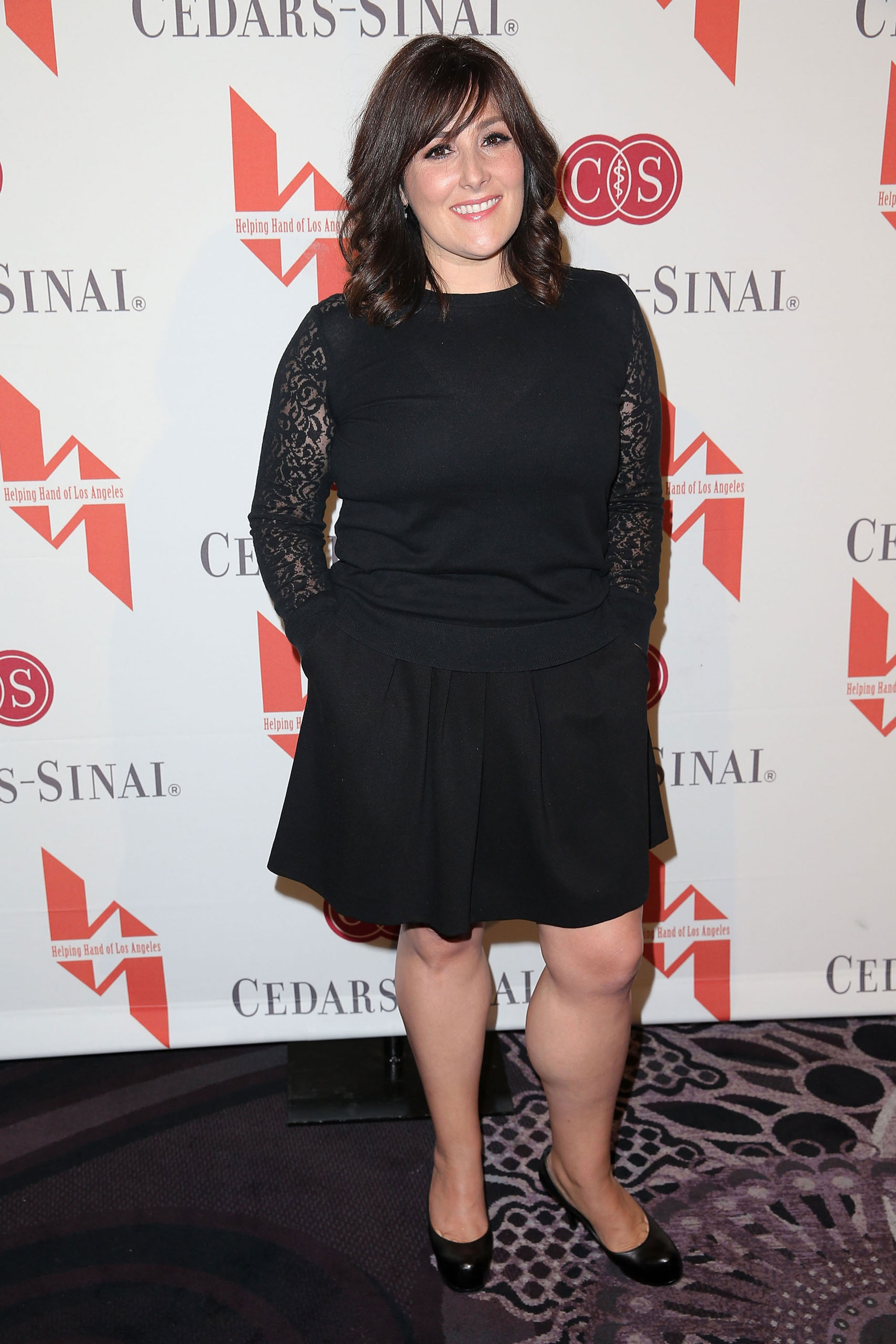
They called it the birth control pill to signal its primary purpose, but it would have been apt to call it the equality pill.
Hormonal birth control, first available only as a pill and now in a variety of forms, is arguably the single most important technological innovation in the emancipation of women.
Lake, who became the celebrity avatar of the home birth movement with her movie The Business of Being Born, is embarking on a new documentary based on Holly Grigg-Spall’s book Sweetening the Pill.
Depression, anxiety, paranoia, rage, panic attacks — just a few of the effects of the Pill on half of the over 80% of women who pop these tablets during their lifetimes. When the Pill was released, it was thought that women would not submit to taking a medication each day when they were not sick. Now the Pill is making women sick. However, there are a growing number of women looking for non-hormonal alternatives for preventing pregnancy. In a bid to spark the backlash against hormonal contraceptives, this book asks: Why can’t we criticize the Pill?
How did Lake, who advocates women’s empowerment by taking childbirth out of hospitals and returning it to the home, come to criticize what is arguably the greatest source of women’s empowerment of all time, as well as a tremendous boon to women’s health?
Surprisingly, the path is rather straightforward. She’s part of a natural parenting movement that is anti-hospital birth, anti-epidural and anti-formula — technological innovations that have made the legal, political and especially the economic liberation of women possible. Opposition to the Pill is the next logical step of that philosophy.
For most of human history, women have been reduced to slaves to their biology.
Childbirth is inherently dangerous and has always been a major cause of death for young women. Hospital birth changed that.
Childbirth is routinely agonizing and has always been a source of tremendous fear and suffering. Epidurals changed that.
Breastfeeding bound women to the home and posed serious health problems for babies of mothers who couldn’t produce enough milk and turned to unsafe supplements. Infant formula changed that.
But the single biggest factor in women’s enslavement to their biology has been the inability to control their fertility — blighting sexual enjoyment, imposing tremendous economic hardship of unwanted children, and bringing death to young mothers who agonized over being torn from their older children. The Pill changed that.
Yes, the Pill has side effects, but they are nothing compared to the side effects of pregnancy or abortion. Lake is apparently horrified that in rare cases, the Pill can lead to blood clots, and possibly death. She conveniently elides the fact that pregnancy also can lead to blood clots and death, as well as pre-eclampsia, hemorrhage and complications of pre-existing medical conditions. It’s worse than disingenuous to bemoan the Pill as a cause of death when pregnancy has a much higher death rate than the Pill, and the Pill prevents pregnancy.
The Pill isn’t simply a contraceptive; it improves women’s health in other ways. It regulates irregular menstrual cycles, leading to less blood loss as well as a reduced risk of endometrial cancer and precancerous lesions. It controls endometriosis, a painful condition that afflicts many women. Moreover, long term use of the Pill appears to reduce the risk of ovarian cancer.
The technology of the 20th Century — hospital birth, epidurals, infant formula and especially the Pill — freed women from being slaves to their biology.
Opposition to the birth control pill is opposition to women’s emancipation.
It’s bad science, it’s anti-feminist, and it will kill women.
More Must-Reads from TIME
- Cybersecurity Experts Are Sounding the Alarm on DOGE
- Meet the 2025 Women of the Year
- The Harsh Truth About Disability Inclusion
- Why Do More Young Adults Have Cancer?
- Colman Domingo Leads With Radical Love
- How to Get Better at Doing Things Alone
- Michelle Zauner Stares Down the Darkness
Contact us at letters@time.com